
Nigeria faces rising fuel prices currently in the range of N577 to N700 per liter, pushing many drivers to look for more efficient options.
Table of Contents
ToggleGrowing environmental concerns add to the motivation for cleaner mobility.
Government initiatives promoting sustainable transport are encouraging more interest in electric vehicles.
Local assembly efforts and the arrival of global brands have expanded choices for buyers.
As a result of that, electric cars are becoming increasingly popular in Nigeria. We can see the same trend for electric bikes.
Now, we will quickly compare models and make an informed decision based on the most important factors.
| Model | Price (₦) | Range (km) | Power (hp) | Best For |
| Tesla Model 3 | ₦100M+ (imported) | 500+ km | 283–450 hp | Prestige, Performance |
| Hyundai Kona EV | ₦24M–75M | 482 km | 201 hp | Urban, Long Range |
| BYD Atto 3 | ₦45M | 430 km | 200 hp | Mid-range SUV users |
| Jet EV | ₦55M | 260 km | 150 hp | Locally assembled, City users |
| Changan Benni EV | ₦20M | 210 km | 100 hp | Budget-conscious, City commutes |
| Tesla Model S | ₦38M+ (used) | 660 km | 670+ hp | Luxury + Range |
| BMW i3 | ₦30M | 153 km | 170 hp | Premium urban driving |
| Nissan Leaf | ₦10.8M | 243 km | 147 hp | Affordable, entry-level EV |
1. Tesla Model 3
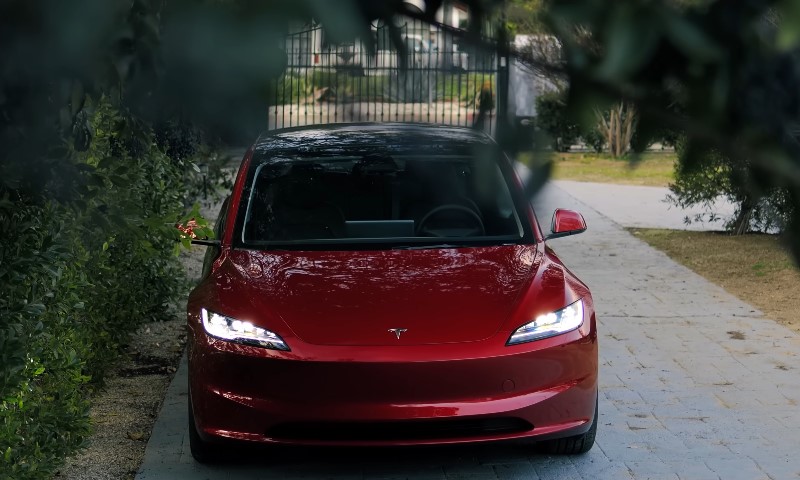
- Price: N100M plus, depending on import route
- Range: Up to 500 km
- Power: 283 to 450 hp
Fast acceleration gives the Model 3 a sports sedan feel that many drivers enjoy in Nigerian cities and expressway routes.
Cabin design focuses heavily on digital controls, with almost every function managed through a large central touchscreen.
Battery efficiency supports long commuting distances without frequent charging, which matters a lot in areas with limited public chargers.
Interior comfort makes long drives easier, while the silent operation adds a premium experience many buyers appreciate.
Professionals and tech-focused users often select it for status, performance, and modern driving features.
2. Hyundai Kona Electric
- Price: N24M for basic trim to N75M for fully loaded units
- Range: Up to 482 km
- Power: 201 hp with a 64 kWh battery
Nigeria hosts local assembly of the Kona Electric, giving it a strong footprint in major cities. Many owners value its balance of price, practicality, and efficiency.
SUV styling creates more interior room for kids, luggage, or work equipment, which helps families and active users. Battery performance supports long daily commutes with minimal charging breaks.
Controls feel familiar to drivers shifting from fuel-powered cars, making adaptation easy for first-time EV owners.
Many commuters rely on it because maintenance needs are low and running costs stay predictable.
3. BYD Atto 3
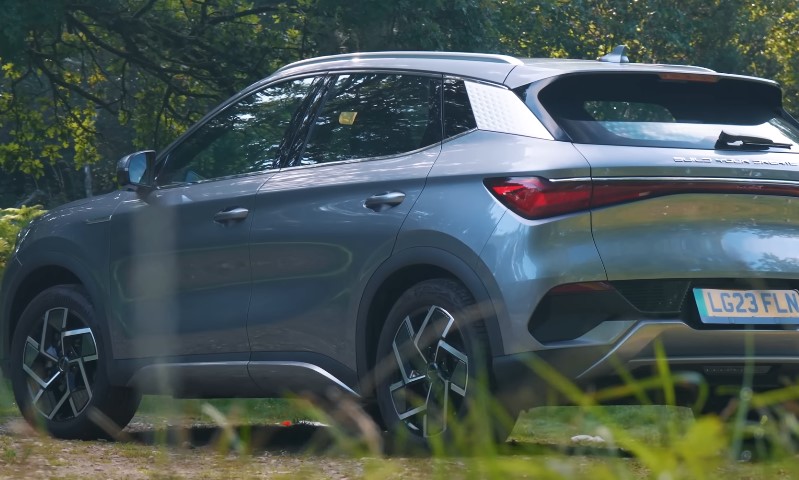
- Price: N45M through CFAO Motors
- Range: 430 km
- Power: 200 hp with Blade battery technology
Atto 3 delivers modern design with a youthful cabin layout that feels fresh and practical.
Blade battery technology improves heat control and durability, which creates confidence for long-distance usage in hot climates.
Ride quality remains smooth even on uneven roads, making it suitable for both cities and intercity travel. Interior materials feel refined and supportive for drivers who spend long hours behind the wheel.
Mid-level executives and frequent travelers often select it for reliability, comfort, and a strong mix of modern features.
4. Jet EV
- Price: N55M
- Range: 260 km
- Power: 150 hp
Jet EV benefits from local assembly, which helps reduce cost and improve access to spare parts.
Compact size supports smooth movement in congested city centers.
Power output suits urban speeds, deliveries, school runs, and light business transport. Many fleet operators appreciate its predictable operating cost structure.
Routine service processes remain straightforward, which matters for organizations managing large numbers of cars.
Drivers focused on affordable electric mobility often view it as a practical entry point into the EV market.
5. Changan Benni EV
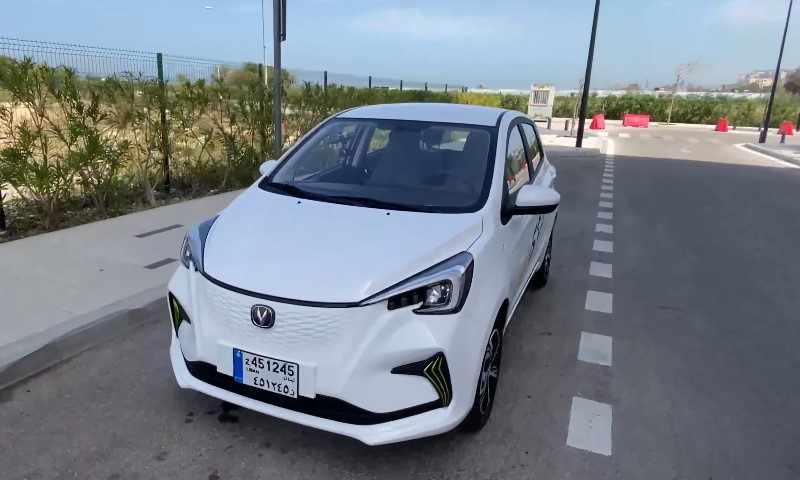
- Price: N20M
- Range: 210 km
- Power: 100 hp
Benni EV offers a simple layout designed for dependable city movement. Easy handling helps drivers navigate narrow roads and crowded markets with confidence.
Charging needs fit short daily commutes that students, ride-hailing partners, and young professionals typically manage.
Purchase cost makes it one of the most accessible electric cars available in Nigeria.
Many owners enjoy the low-maintenance structure, which keeps expenses manageable for tight budgets. Compact dimensions also make parking easier in dense urban neighborhoods.
6. Tesla Model S
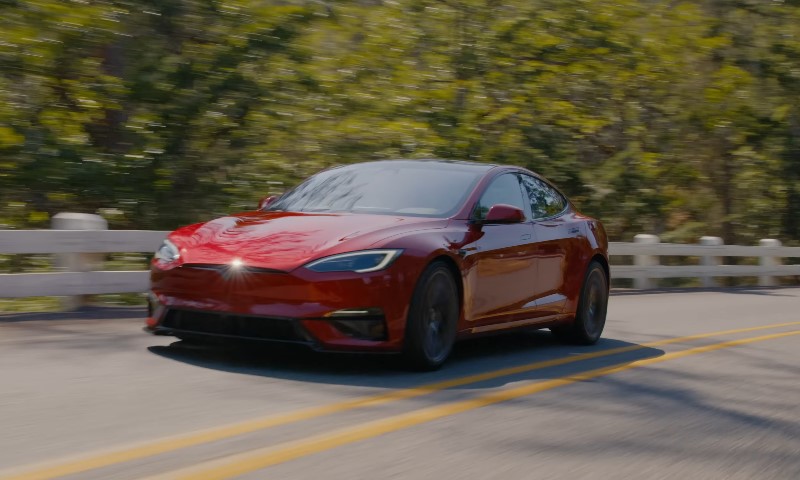
- Price: N38M plus for used or gray market imports
- Range: Up to 660 km
- Power: 670 to 1,020 hp
Model S delivers powerful acceleration that rivals high-end sports cars.
Cabin design feels luxurious with large screens, premium materials, and advanced self-driving capabilities available in imported units.
Long-range capacity suits drivers traveling between major cities without frequent charging stops. Silent performance creates a comfortable environment during long trips or premium transport services.
Many buyers select it for its strong power, advanced technology, and comfort at high speeds. Performance-focused users often prefer it over other EVs due to its impressive power ratings.
7. BMW i3
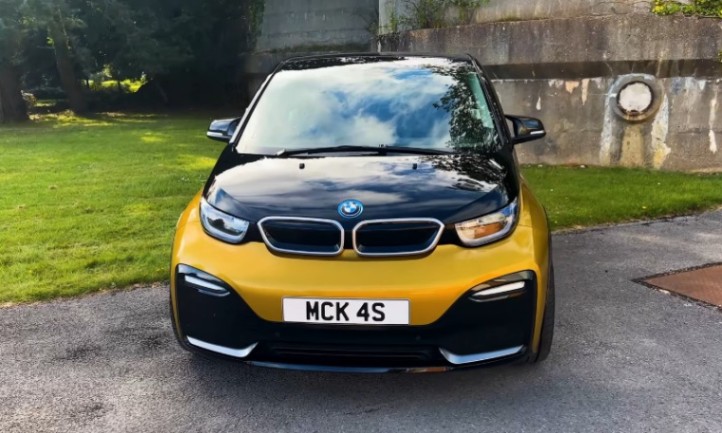
- Price: N30M
- Range: 153 km
- Power: 170 hp
i3 features a striking design that attracts drivers seeking something different in compact mobility.
Carbon fiber reinforced construction creates a lightweight feel that supports quick acceleration in city traffic.
Interior space feels airy, with sustainable materials and modern seating layouts. Range fits short city trips and structured daily commutes.
Many buyers appreciate its premium feel, even though it remains one of the smaller EVs available.
Urban drivers often choose it for tight spaces, quick steering response, and easy parking.
8. Nissan Leaf
- Price: N10.8M
- Range: Around 243 km
- Power: 147 hp
Leaf remains popular due to its long history in global EV markets. Battery reliability has been proven in many regions, which creates confidence among first time EV owners.
Driving experience feels smooth and quiet, with enough power for everyday traffic.
Range fits the needs of workers who handle mostly city movement or short intercity trips.
Maintenance costs stay low due to widespread knowledge of its components among EV technicians in Nigeria.
Budget-focused buyers often select it for affordable entry into electric mobility.
Buying Channels
Nigeria now offers several reliable paths for purchasing electric vehicles.
Buyers can choose between local dealers, online marketplaces, and import routes depending on budget, preferred brand, and desired features.
Local Dealerships
Local showrooms give buyers access to test drives, warranties, and after-sales support.
Key outlets include:
- Stallion Motors
- CFAO Motors
- Mikano
Local dealerships help reduce delivery waiting times, provide easier access to spare parts, and support buyers who want structured financing or lease options.
Online Platforms
Digital marketplaces make EV discovery easier for buyers across different states.
Popular platforms include:
- africa
- ng
Direct Imports
Direct shipment remains attractive for buyers seeking high-spec EVs or brands not commonly stocked in Nigeria.
Common import reasons include:
- Access to high-performance models like the Tesla Model S or certain trims of the Tesla Model 3.
- Ability to request newer or rarer configurations of BYD units and other premium EVs.
- Inclusion of custom features such as upgraded wheels, extended range batteries, or advanced driver assistance packages.
Direct import channels often require patience due to shipping timelines and customs processes, yet many buyers choose this route to secure exact configurations not available locally.
Final Thoughts
Electric vehicles now serve as practical choices in Nigeria instead of distant aspirations.
Initial cost remains high, yet long-term savings on fuel and maintenance make them competitive.
Growing public charging networks and stronger support from authorities will encourage faster nationwide adoption.
Related Posts:
- 7 Most Popular Video Games In Nigeria in 2026 - What…
- 6 West African Horse Breeds That Tell the Real Story…
- Most Popular Team Sports in Kenya - Football, Rugby,…
- 7 Most Watched Cartoon and Animation Series for Kids…
- What is Okro Soup? A Guide to This Popular African Dish
- 10 Most Downloaded Apps in Africa in 2025














